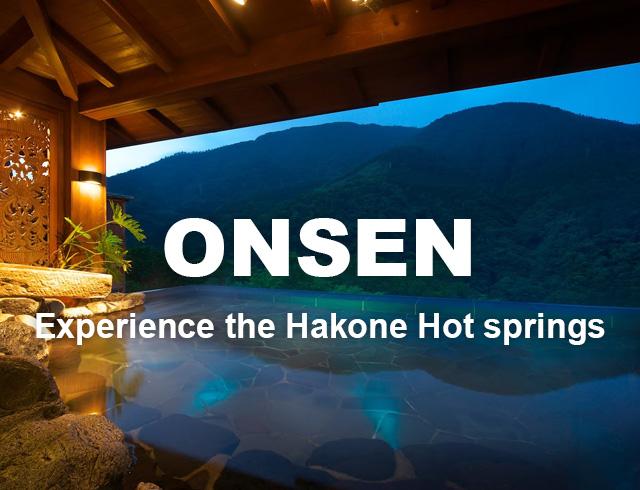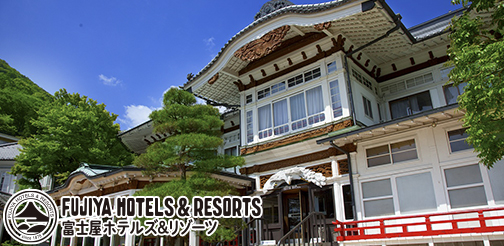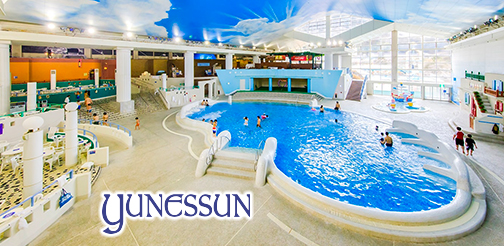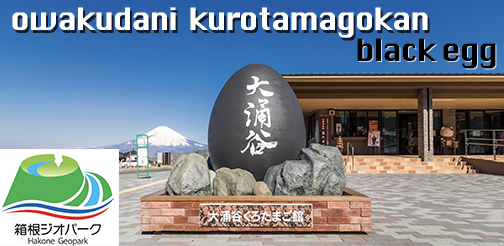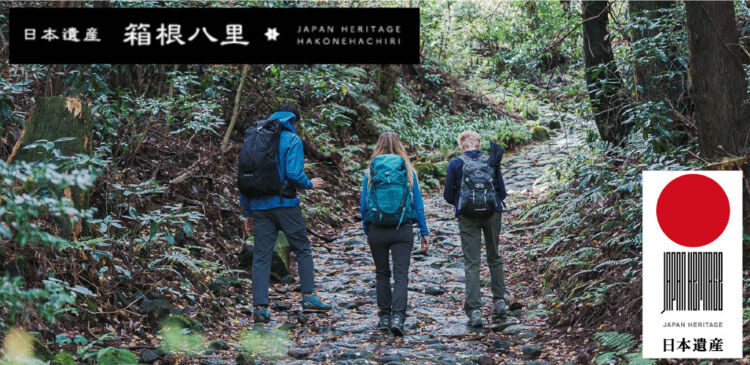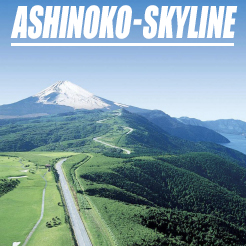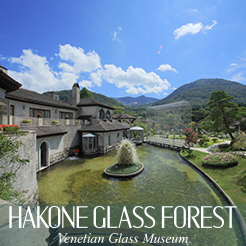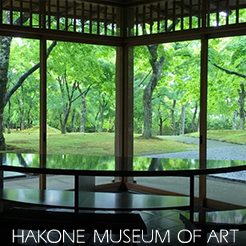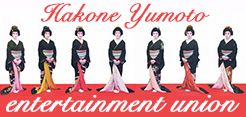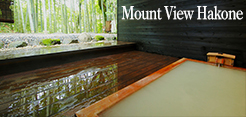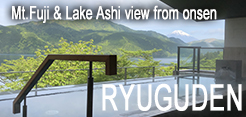There are still onsen in Japan that are closely tied to the stories of samurai that would come to bathe in the waters to heal their wounds after a battle. Staying at an onsen bath house for days and even weeks was considered therapy for a number of ailments and many ryokan and lodges were established to provide these people with a place to stay while they bathed for days. These days they are used for relatvation, but there is scientific evidence that soaking in a hot spring can be good for you…if you don’t soak too long.
Increase Blood Circulation
Onsen water has a number of natural elements, such as sodium bicarbonate and calcium, that get absorbed into our bodies as we bathe. The minerals help increase blood flow and the amount of oxygen in our blood.
Reduce Stress and Sleep Better
Many people enjoy a good soak in a bath. The onsen is the ultimate bathing experience. The hot spring water can relieve tense muscles and the natural or serene surroundings of most Japanese hot springs can help clear your mind. Your body quickly cools after leaving the hot spring which encourages your body to relax and put you into a deeper sleep.
Relieve Pain
A recent study in the Journal of Rheumatology studied the effects on hot spring on pain. The conclusion was that the intense heat of the bathing experience somewhat dulled our perception of pain. The onsen water also act as buoyancy for aching joints. The combination of temperature, minerals, mental state, and ease of movement in the water helped relieve different kinds of pain.
Treat Skin Problems.
Onsen in Japan have different mineral qualities. Many onsen have been known to beautify the skin or have names like “Beautiful Skin” or “Princess Bath.” These were not just folktales. Some hot spring contain silica which can smooth or soften dry and rough skin. Onsen containing sulfur have been recommended for people suffering from eczema and psoriasis.

